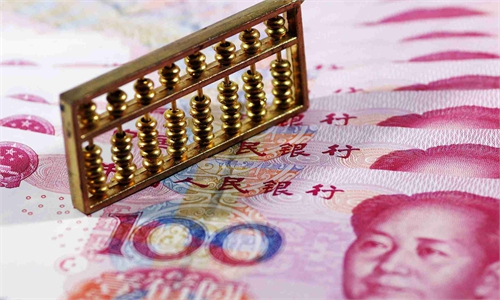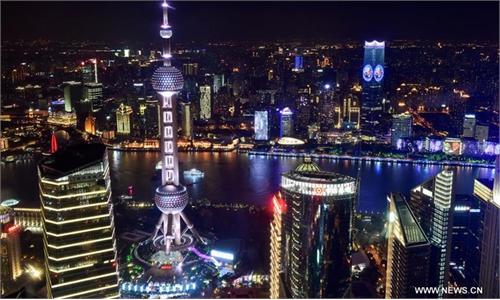
Anti-Monopoly Photo: VCG
China's top market regulator is planning to hire more employees in its Beijing head office, with the anti-monopoly bureau getting the largest number of new hires, reflecting the agency's priority to continue the crackdown campaign against monopolies.
The State Administration for Market Regulation (SAMR) plans to hire 33 staff in its 2022 civil servant intake, with 18 designated for the anti-monopoly bureau, more than half of the total planned new hires.
Those people will be engaged in anti-monopoly policy research, anti-monopoly law enforcement, and anti-monopoly reviews related to concentration of business operators, according to a post online.
There was no allocation for the anti-monopoly bureau in last year's intake.
Since the end of 2020, China has mounted an anti-monopoly crackdown campaign targeting different industries, including the internet sector.
Earlier this month, Chinese food delivery platform Meituan was fined 3.44 billion yuan ($533.5 million), or 3 percent of its 2020 domestic revenue, for monopolistic practices by the SAMR.
In April, the regulator imposed a fine of 18.23 billion yuan on domestic e-commerce mammoth Alibaba for its violation of anti-monopoly laws.
Also in April, the SAMR summoned 34 internet firms, including Alibaba, Tencent, Baidu, JD.com, Meituan and Pinduodo, urging them to launch internal investigations and make rectification on issues involving "choosing one from two."
The ongoing anti-monopoly storm requires strong supervision, but that requires more people.
"Compared with other major anti-monopoly law enforcement agencies in the world, China's agencies have fewer staff, and anti-monopoly supervision needs to be enriched," Wu Zhenguo, head of the SAMR's anti-monopoly bureau, said in an interview in May.
Wu also said that the SAMR is studying a plan to expand its anti-monopoly supervisory power, further enhance its supervisory capacity and level, and strengthen its supervisory authority.
In July, an anti-monopoly talent training course was launched at the China University of Political Science and Law, the first such training course, with wide coverage by the SAMR. More than 80 people attended.
Chinese leaders have said on different occasions that China will beef up regulations against monopolistic practices and unfair competition, saying that the implementation of anti-monopoly regulations and policies promoting fair competition constitutes an intrinsic requirement for improving the socialist market economic system.
Analysts said that anti-monopoly regulations could be market-oriented means, rather than an administrative tool, for China to redistribute wealth and achieve the goal of common prosperity.
Global Times



